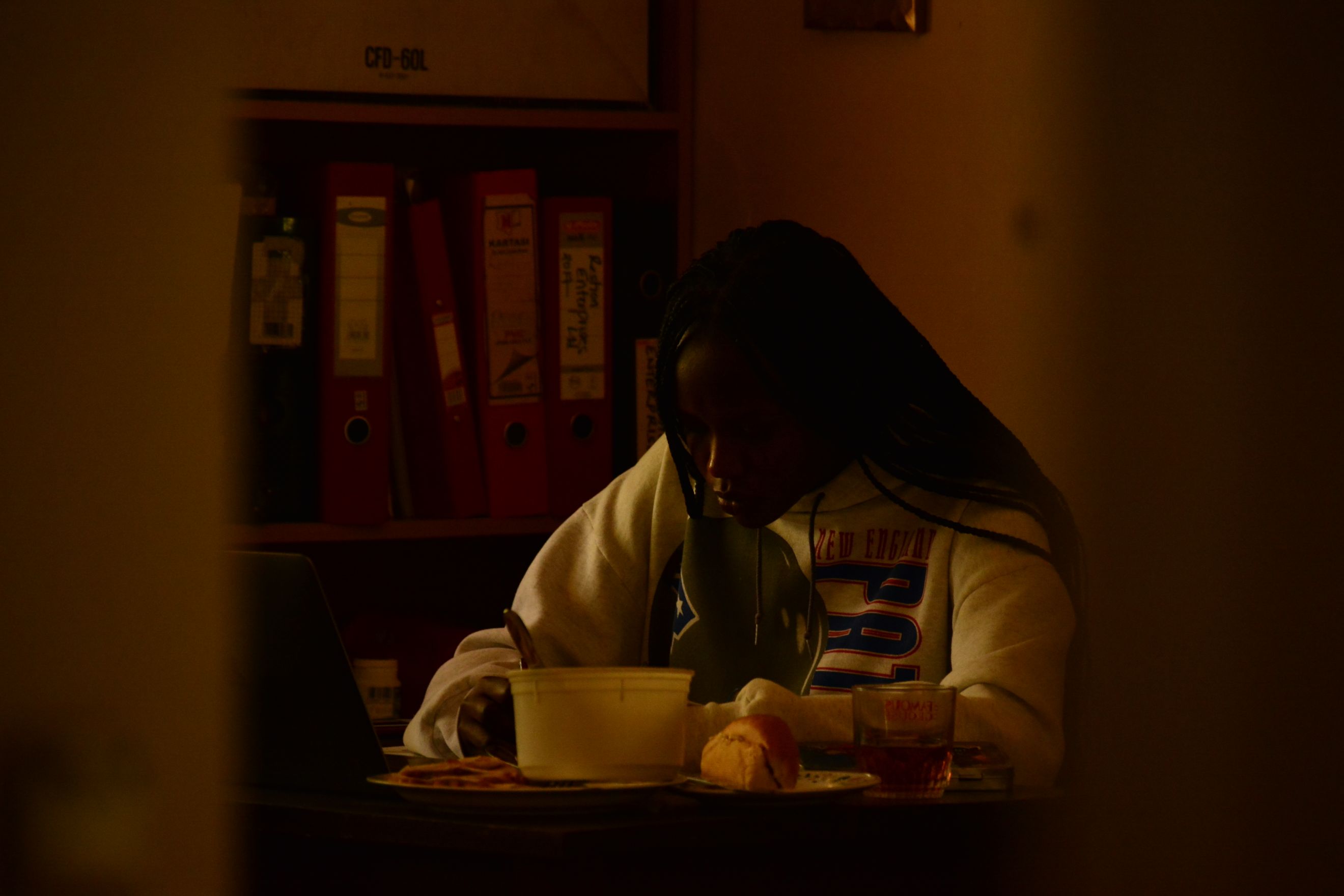
The Re-education of Family
Godiolla Akimana describes how her family came around to creating a conducive online learning environment after initial resistance.
With my school closed due to the pandemic, I returned home to my family in Burundi’s norther province of Kirundo, which is best known for its great lakes, beautiful migratory birds, and amazing mountain views. It is also known for Intore, a traditional dance of warriors performed at official events and parties.
With no reliable internet connectivity and power supply coupled with my poor digital skills, maintaining a learning environment proved challenging. What's more, because distant learning isn’t widespread, it was hard for my family to understand why I was spending the whole day on my laptop. As a girl and their eldest child, they expected me to partake regularly in household chores and mind my younger siblings, a view that generated conflicts between me and my mother, who complained that I should not spend all my time on school work.
The pandemic has altered lives, upset routines, engendered horrors but forced the world to slow down and recalibrate.
The situation didn’t improve until an uncle visited and began telling my parents that his work had shifted online. I saw the conversation as an opening to elaborate on my online learning experience at home and, once again, express my frustrations with regard to the intrusions into my study time. This time, and thanks to my uncle’s backing, my parents not only listened but came around to supporting me. Prior, when the lights went off for more than two days, my parents didn’t care to remedy the situation even though it affected my studies. But now they’ve installed solar panels as an alternate source of electricity. In addition, they are emotionally supportive, reaching out every morning before they leave for work to ask if I needed anything or simply to talk about some of the stress I experience from online learning.
Today, although women are still disadvantaged, many parents like mine have changed their mentality with regard to educating their girls.
What’s more, based on my availability, my parents organised social activities. Along with my siblings, we prepared meals together, watched movies, and listened to our parents regale us around the fire with stories about Burundian history, culture and customs such as traditional education and how societies were organised. In the past, girls were only taught about agrarian activities and how to manage families as wife. The few schools available at the time were occupied by boys. Today, although women are still disadvantaged, many parents like mine have changed their mentality with regard to educating their girls.
The pandemic has altered lives, upset routines, engendered horrors but forced the world to slow down and recalibrate. My bond with my parents and siblings has never been better, and thanks to a little boost from my uncle, they now have a better appreciation for education and know to respect my study time.

